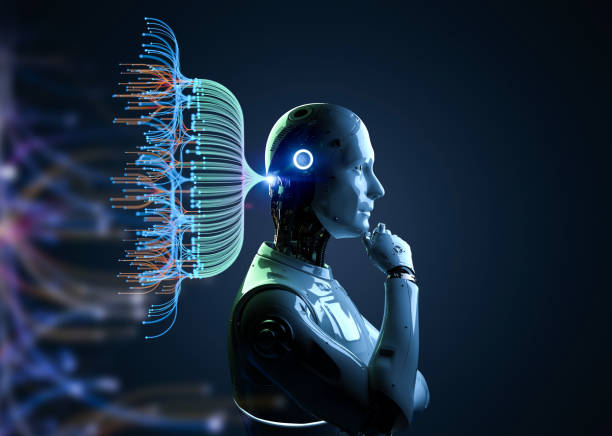ai
What is AI?
Artificial Intelligence (AI) refers to machines or software designed to perform tasks that typically require human intelligence, such as:
Learning (machine learning, deep learning)
Reasoning (problem-solving, decision-making)
Perception (computer vision, speech recognition)
Creativity (generating text, art, music)
Types of AI
Narrow AI (Weak AI) – Specialized in one task (e.g., ChatGPT, Siri, Tesla Autopilot).
General AI (Strong AI) – Hypothetical AI with human-like reasoning (doesn’t exist yet).
Superintelligent AI – Surpasses human intelligence (theoretical).
How AI Works
Data Input: AI systems learn from vast datasets (text, images, etc.).
Algorithms: Use math models (e.g., neural networks) to find patterns.
Training: Adjusts parameters to improve accuracy (e.g., GPT-4 trained on billions of texts).
Output: Generates predictions, content, or decisions.
Common AI Technologies
| Technology | Example Use Cases |
|---|---|
| Machine Learning | Spam filters, recommendation systems |
| Deep Learning | Facial recognition, self-driving cars |
| NLP (Natural Language Processing) | Chatbots, translations |
| Computer Vision | Medical imaging, object detection |
| Generative AI | ChatGPT, MidJourney, AI music |
AI Applications
Everyday Life: Virtual assistants (Alexa), smart replies (Gmail).
Business: Customer service bots, fraud detection.
Healthcare: AI diagnostics, drug discovery.
Creative Fields: AI art, scriptwriting, music composition.
Limitations of AI
Bias: Can reflect biases in training data.
Hallucinations: Generates false info confidently (e.g., fake citations).
No True Understanding : Operates on patterns, not consciousness.
Future of AI
AGI (Artificial General Intelligence): Distant goal; no consensus on timeline.
Regulation: Governments debating AI ethics & laws (e.g., EU AI Act).
Job Impact: Will automate tasks but create new roles (AI trainers, ethicists).
How to Try AI Now
Free Tools: ChatGPT (OpenAI), Gemini (Google), Claude (Anthropic).
Paid Tools: GPT-4 Turbo, MidJourney (for art), ElevenLabs (voice cloning).
Controversies & Debates
Job Displacement: Will AI replace human workers?
Existential Risk: Could superintelligent AI harm humanity?
Copyright Issues: Who owns AI-generated content?
Final Thought
AI is a tool, not magic—its power depends on how we use it. Want to explore a specific area (e.g., AI ethics, coding with AI)? Ask away! 🤖


Comments
Post a Comment